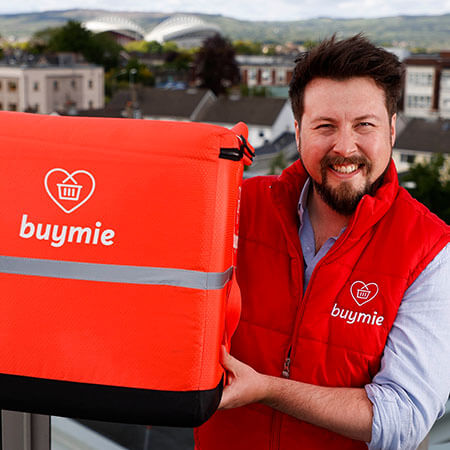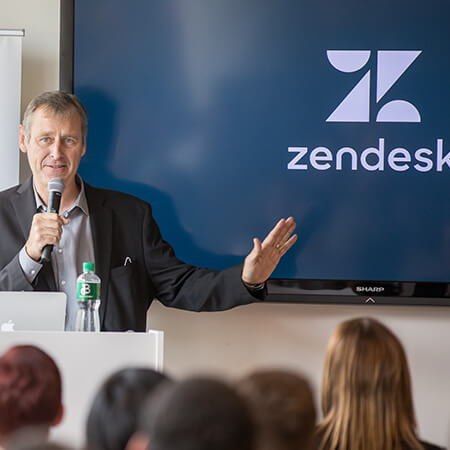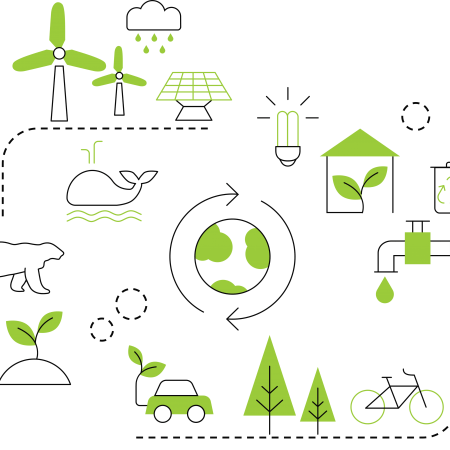Enhancing the gender balance of senior teams helps build strong leadership, attract talent and improve performance.
There is still a significant gender imbalance in the leadership of Irish companies, where only 13% of CEOs and less than one in three senior managers are women. It’s a challenge across the private sector in Ireland and internationally, more pronounced in specific industry sectors, like engineering and ICT and is reflected in the gender composition of third-level graduates in STEM subjects.
While this highlights the need for change, it also offers a real opportunity to broaden the talent pool for knowledge-based industries with a high demand for skills.
To that end, Enterprise Ireland (EI) has launched ‘The Level Project‘, an ambitious initiative aimed at improving gender balance in senior leadership and decision-making roles in Irish companies.
The Level Project is part of EI’s strategy for Women in Business (PDF) to drive Ireland’s economic success by harnessing our diverse population’s full talent and expertise. It is a long-term strategy requiring systemic change across the enterprise base to achieve the goal of more women starting, growing, and leading Irish businesses.
There are many reasons why gender-balanced leadership is a key objective of the strategy, including the need to increase the pipeline of future women entrepreneurs.
But most importantly, there is a significant body of research showing that companies with gender diversity in decision making and leadership positions perform better – they are more profitable, more productive and deliver better returns on assets.
Several Level Project Champions support the Level Project. They are CEOs of Irish businesses already taking action in this space and are willing to share their ideas and talk about why this is a priority for their companies. One of these Champions is Pat O’Connor, co-founder and Managing Director of Dublin based VRAI. A fast-growing tech firm, VRAI is a leader in data-driven VR (Virtual Reality) simulation training, specializing in training for “risky, remote and rare” activities such as working on offshore wind turbines. Unfortunately, the sector tends to be male-dominated, so achieving gender balance is quite challenging.
“Our sector is technology”, explains Pat, “If I were doing straightforward hiring, it would be about 80% male. So the question is, what do you do about it? We’re trying to change things for a number of reasons. First, there is the ethical reason it doesn’t seem fair or right: systemically, women are not getting the same opportunities in a very exciting industry, but there is also a strategic reason. What we are trying to do is complex in an emerging market. One of the ways to mitigate that complexity is having a diversity of mindset in the senior team.”
Pat suggests that businesses should start early on to focus on achieving gender balance. Strategies that VRAI have put in place include:
- Committing to gender-balanced shortlists for every job.
- Sponsoring Ireland’s first female-only tech apprenticeship.
- Looking at non-traditional hires with transferable skills.
- Providing flexibility, including enhanced maternity benefits.
The Level Project toolkit is a great starting point for companies setting out on the journey or wanting to advance their approach further. The toolkit is free for all companies to use. It comprises a series of questions and suggested actions that companies can incorporate into their strategy for achieving gender balance in their senior teams. The output of the toolkit is an editable Action Plan, which will provide the basis for companies starting on the journey for the first time or enhance and advance the approach by companies already active in this space.
Enterprise Ireland also supports eligible companies to help them implement their plans. This includes the Part-Time Key Manager grant, specifically designed to encourage companies to provide more flexible arrangements for senior managers, and the new Strategic Consultancy Grant, where companies can bring in a consultant for up to 9 days at an 80% grant rate.



